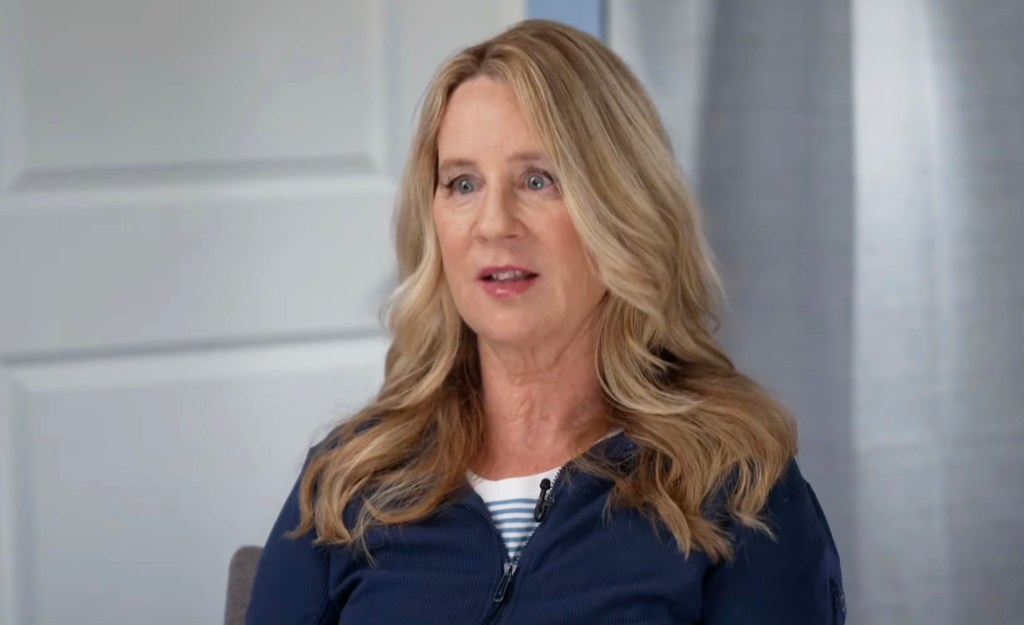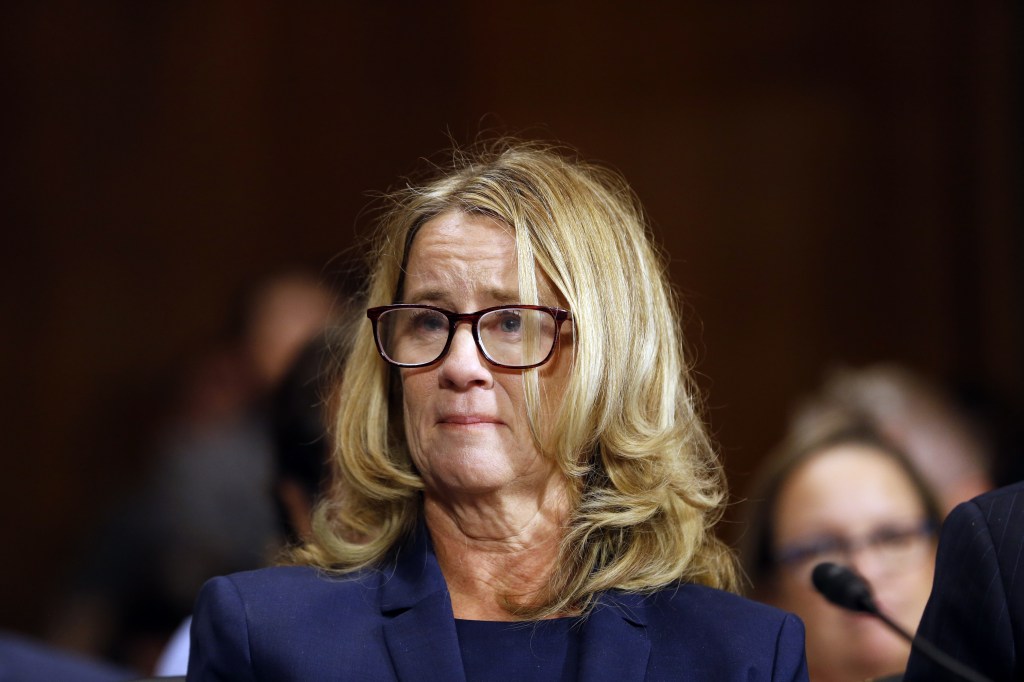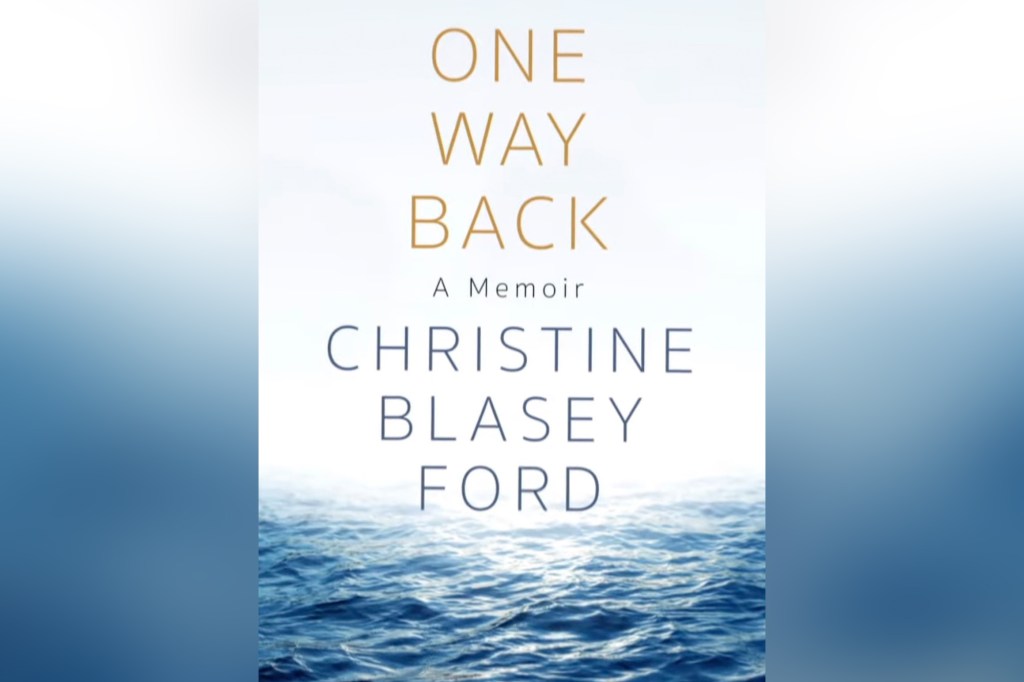Brett Kavanaugh accuser Christine Blasey Ford recounts ‘darkest times,’ death threats after 2018 testimony: ‘It’s still scary’
Christine Blasey Ford opened up about the “darkest times” in her life she faced after going public with her sexual assault allegations against Supreme Court Justice Brett Kavanaugh.
Ford, 57, recalled the pain she felt after the GOP-controlled Senate Judiciary Committee produced its report concluding there was no evidence to substantiate her claims, paving the way for Kavanaugh’s ascension.
“I was devastated when that report came out. I was really upset. That was a really difficult period that I think was the beginning of sort of the darkest times for me,” Ford told CBS’s “Sunday Morning.”
Since coming forward, Ford said she’s endured a wave of death threats, and claims that a simple night out can cost her between $5,000 to $10,000 due to security concerns.
“It’s still scary. It still scares me,” she said.
She detailed some of the ghoulish death threats sent her way.
“‘I want to see you six feet under.’ ‘I want to see you 12 feet under’ — a lot of those. ‘I hope you get cancer.’ ‘I hope you die.’ ‘I give you a year.’ ‘Glad you have two kids because we have two opportunities,'” Ford recalled.
Back in September 2018, Republicans were track to send Kavanaugh to the Supreme Court, replacing former Justice Anthony Kennedy and inching the ideological balance of the high court a smidge to the right.
But then, suddenly, media reports surfaced of Ford’s allegations against Kavanaugh, which had been relayed to the late Sen. Dianne Feinstein (D-Calif.).
Ford had not intended for her identity to be made public, but the leak made her a household name.
Ford accused Kavanaugh of sexually assaulting her decades earlier at a high school party. Kavanaugh, 59, refuted her allegations by citing a detailed calendar of his activities in high school.
Several witnesses of the alleged incident could not recall Ford’s version of events. For example, her old high school pal Leland Keyser later said, “I don’t have any confidence in the story.” Her father also reportedly backed Kavanaugh’s confirmation.
Ford cited notes her therapist took during sessions in 2012 and 2013 in which she alleged she was assaulted by a student from another high school who went on to become one of the “highly respected and high-ranking members of society in Washington.”
Kavanaugh emphatically denied Ford’s allegations and delivered emotionally powerful testimony professing his innocence.
When pressed about why “no one can recall that night the way that you recall it,” Ford explained that there had been a lot of parties back in those days.
“There were so many parties in high school and this was a pretty unremarkable one and his friends not being able to recall that I guess just doesn’t surprise me,” she said.
She insisted the lack of witnesses recounting that night does not prove Kavanaugh’s innocence.
Ford revealed that she was taken aback by the blowback from her testimony.
“I like to use the word ‘idealistic,’ but maybe I was naïve for sure about the consequences and how bad it would be after I testified,” she said.
One silver lining for Ford is the trove of letters she has received from sexual assault survivors around the country. To date, she claims to have gone through 30,000 of them.
Now she is coming out with a book, “One Way Back,” set to hit shelves on Tuesday.
“So this book is really for the letter-writers. And it’s dedicated to them,” she said.
Ford said she has no regrets about her decision to come forward, insisting that in spite of the vitriol she endured, silence would have been harder to live with.
“I felt like the choice of saying nothing was more uncomfortable — that I would have to live with not saying anything about it,” she said.















